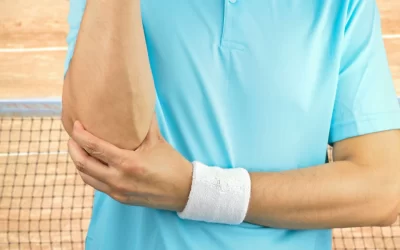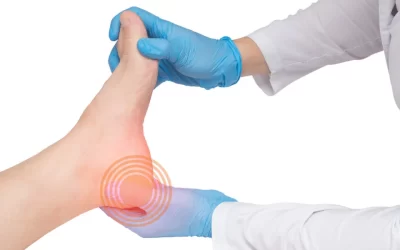Programs
Musculoskeletal Wellness Program
Our musculoskeletal wellness program offers non-surgical treatments for treating patients who suffer from muscle, tendon, ligament and bone related conditions. All our treatments such as treatment for meniscus tear, treatment for knee ligament injury, plantar fascitis treatment etc are evidence based and US FDA & European CE approved.
Advanced Musculoskeletal Physiotherapy
Maana Health’s Arthritis Wellness program has successfully avoided over 500+ surgeries, and healed thousands of people with various types of musculoskeletal issues. We are offering a positive and hopeful alternative for those seeking musculoskeletal pain treatment.
Maana Health sets itself apart in patient care by offering scientifically proven techniques, US FDA & European CE-approved treatments, and cutting-edge technologies for musculoskeletal pain treatment. Our approach combines various treatments to comprehensively address musculoskeletal conditions. By bridging the gap between advanced medical technologies and local accessibility, Maana Health is empowering communities with the latest in musculoskeletal pain treatment.
Holistic Approach
Maana Health’s musculoskeletal wellness program maximizes treatment effectiveness by combining various elements for a holistic approach.
Our comprehensive musculoskeletal pain treatment program integrates extra corporeal shockwave therapy, pulsed signal therapy, cryo therapy, exercises, diet and nutrition management, lifestyle management, posture correction, and ergonomics guidance. This holistic approach addresses musculoskeletal issues from all perspectives, making our program unique in its comprehensive treatment of various musculoskeletal issues such as frozen shoulder, plantar fasciitis, heel spur etc.. The elements of the program are carefully designed to provide a thorough and effective approach to musculoskeletal pain treatment.
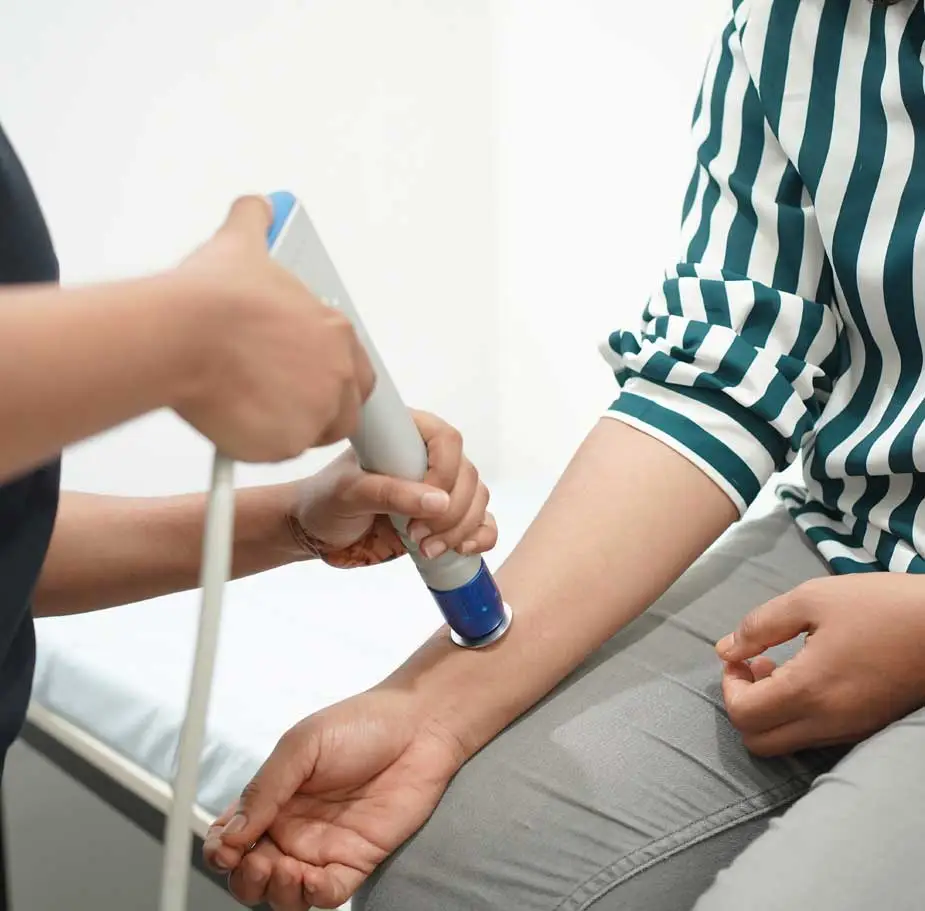

Extracorporeal
Shockwave Therapy

Therapy

Cryo Therapy

Management

Pain Management

Counselling

Exercises

Conditions We Heal
Our goal is to help you regain mobility, reduce pain, and improve your overall quality of life by treating the root cause of the various musculoskeletal condition without the need for surgery and without any side effects.
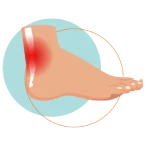
Achilles Tendinopathy
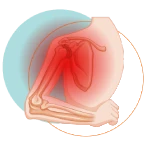
Supraspinatus Tendinitis
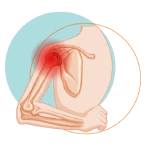
Frozen Shoulder
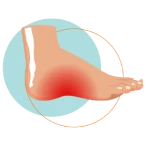
Plantar Fascitis
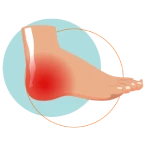
Calcaneal Spur/Heel Spur
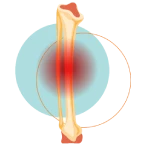
Delayed union fractures
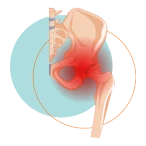
Avascular Necrosis of th Hip
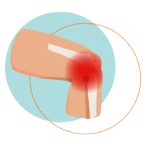
Patella Tendinopathy (Jumbers Knee)
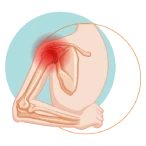
Calcifying Tendinitis of the Shoulder
Lateral Epicondylitis (Tennis Elbow)
Patient Story
FAQ’s
Is Pulsed Signal Therapy (PST) approved for the treatment of knee arthritis?
Are there any known side effects of Pulsed Signal Therapy for knee arthritis?
Can PST be used as a standalone treatment for knee arthritis, or does it need to be combined with other therapies?
How long do the benefits of PST for knee arthritis last?
Musculoskeletal Pain Treatment
Musculoskeletal pain can significantly impact daily life. Advanced modalities like ESWT, cryotherapy, and pulsed signal therapy offer effective treatment, addressing the root cause of pain and promoting better mobility and function.
Our advanced Musculoskeletal Pain Treatment offers effective solutions for a range of conditions, including treatment for meniscus tear, knee ligament injury, and plantar fasciitis etc. Through the use of Extracorporeal Shock Wave Therapy (ESWT), cryotherapy, and pulsed signal therapy, we provide comprehensive care to address the specific needs of each condition. ESWT has shown promising results in promoting healing and reducing pain associated with meniscus tears, while also being beneficial for knee ligament injuries and other musculoskeletal issues. Cryotherapy can aid in reducing inflammation and promoting recovery. Additionally, pulsed signal therapy has been effective in providing relief from pain and promoting healing in the affected area. Our tailored approach to Musculoskeletal Pain Treatment ensures that patients receive targeted and effective care for their specific conditions, helping them to regain mobility, reduce pain, and improve their overall quality of life.
Frozen Shoulder Treatment
Frozen shoulder can severely impact daily life. Maana Health offers comprehensive treatment to alleviate pain and restore mobility.
Our Musculoskeletal Wellness Program is an effective Frozen Shoulder Treatment program that focuses on addressing the root cause of the condition. Our advanced modalities include ESWT, PST for severe cases, cryo therapy, pulsed signal therapy, electrotherapy for pain management, targeted exercises, personalized diet and nutrition counseling, lifestyle management, as well as posture correction and ergonomics guidance. This comprehensive approach ensures effective and holistic care for individuals suffering from frozen shoulder, promoting healing and improved mobility.
Research Evidences
Extracorporeal Shockwave Therapy as an Adjunctive Therapy for Frozen Shoulder: A Systematic Review and Meta-analysis
Authors: Ruihan Zhang, Zhenyu Wang, Ruishu Liu, Nan Zhang, Jiaxun Guo, Yunxia Huang
You may be interested in these questions:
What are the key findings of the systematic review and meta-analysis on ESWT for frozen shoulder?
The key findings of the systematic review and meta-analysis on Extracorporeal Shockwave Therapy (ESWT) for frozen shoulder are as follows:
- ESWT used as an adjunct to other interventions showed better outcomes compared to control groups in terms of immediate and short-term analgesic effects and immediate function.
- Immediate analgesic effects and short-term efficacy were significantly better with ESWT compared to routine treatments, with low heterogeneity.
- ESWT plus routine treatments were more effective in improving shoulder function in terms of immediate efficacy, with no heterogeneity.
- Long-term efficacy in terms of pain intensity and external rotation range of movement showed evidence favoring ESWT plus routine treatments, but with significant heterogeneity, making the conclusions less reliable.
How does ESWT work as an adjunctive therapy for frozen shoulder according to the review?
Extracorporeal Shockwave Therapy (ESWT) works as an adjunctive therapy for frozen shoulder by:
- Alleviating pain: ESWT helps in reducing pain intensity in patients with frozen shoulder, especially in the immediate and short term.
- Improving function: ESWT enhances shoulder function, particularly in the immediate term, by improving the Constant-Murley score, which assesses shoulder function.
- Mechanism of action: ESWT delivers acoustic pulses to the affected area, improving local blood flow, promoting molecular reactions, stimulating angiogenesis, and reducing inflammation. It can also affect nerve sensitivity, hinder nerve conduction, and promote tissue regeneration.
- Adjuvant therapy: ESWT can be used in conjunction with routine treatments to provide additional benefits in managing frozen shoulder symptoms, although the quality of the included studies had limitations in terms of long-term outcomes.
Effectiveness of Shockwave Therapy in the Treatment of Plantar Fasciitis
Authors: Renan Gonçalves Leão, Marina Mayumi Azuma, Gustavo Henrique Carillo Ambrosio, Flavio Faloppa, Eduardo Shoiti Takimoto, Marcel Jun Sugawara Tamaoki
You may be interested in these questions:
What was the objective of the study on shockwave therapy for plantar fasciitis?
What were the primary outcomes measured in the study, and how did they change over time?
The primary outcomes measured in the study on shockwave therapy for plantar fasciitis were pain, function, and quality of life. These outcomes were assessed using the Visual Analog Scale (VAS) for pain, the American Orthopaedic Foot and Ankle Society (AOFAS) scale for function, and the Short Form Health Survey (SF-36) for quality of life.
Over time, the study observed progressive improvement in all three outcomes evaluated (pain, function, and quality of life) at the post-intervention moments of three, six, and twelve weeks. The results showed a significant improvement in the parameters evaluated in all the periods of reevaluation, indicating a positive impact of shockwave therapy on pain, function, and quality of life for patients with plantar fasciitis.
Other Programs
Maana Health offers a range of specialized programs designed to address various health needs without a surgical intervention.
Accreditations and Certifications
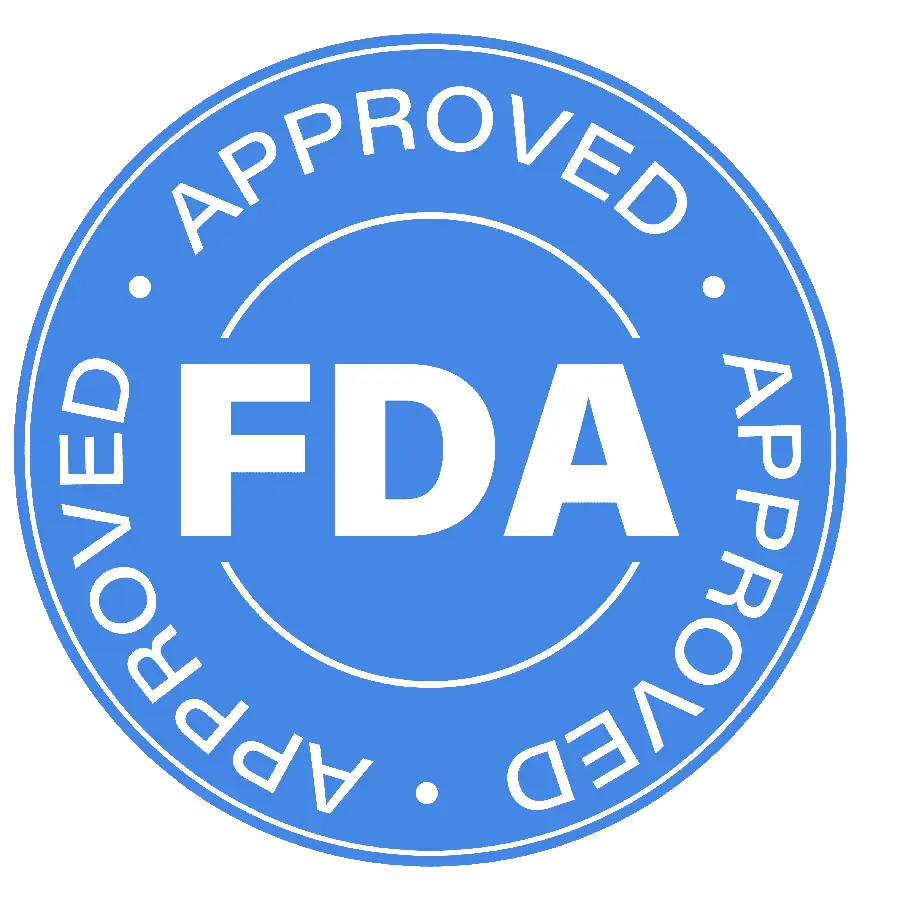
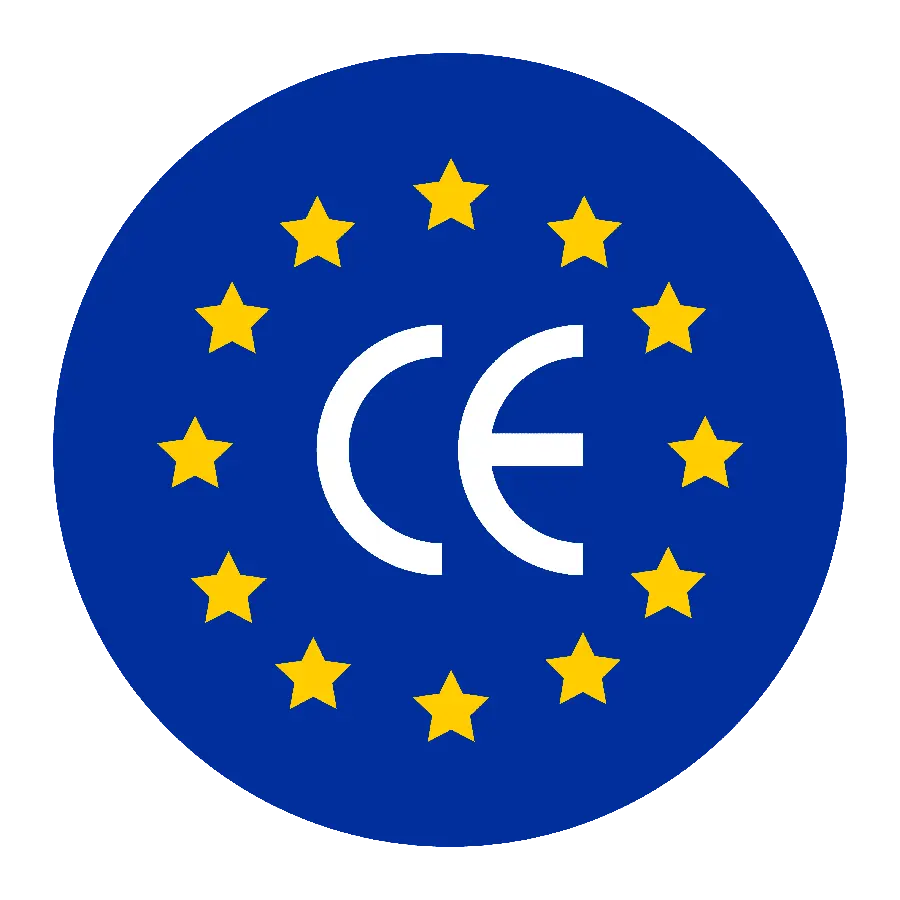
Blog
Latest News & Resources
Heel Pain: Common causes and treatment options
Foot and ankle are consisting of 26 bones, 33 joints, and more than 100 tendons. The heel bone...
Tennis Elbow (or Lateral Epicondylitis): Common symptoms, cause and treatment options
Tennis elbow (lateral epicondylitis) is a painful condition that occurs when tendons in your elbow...
Effective Methods for Treatment of Heel Spurs: Taking Steps Towards Pain-Free Living
Heel spurs, a common ailment affecting people of various ages, can be a significant source of...
Office
Monday – Saturday : 8:30 am to 6:00 pm


